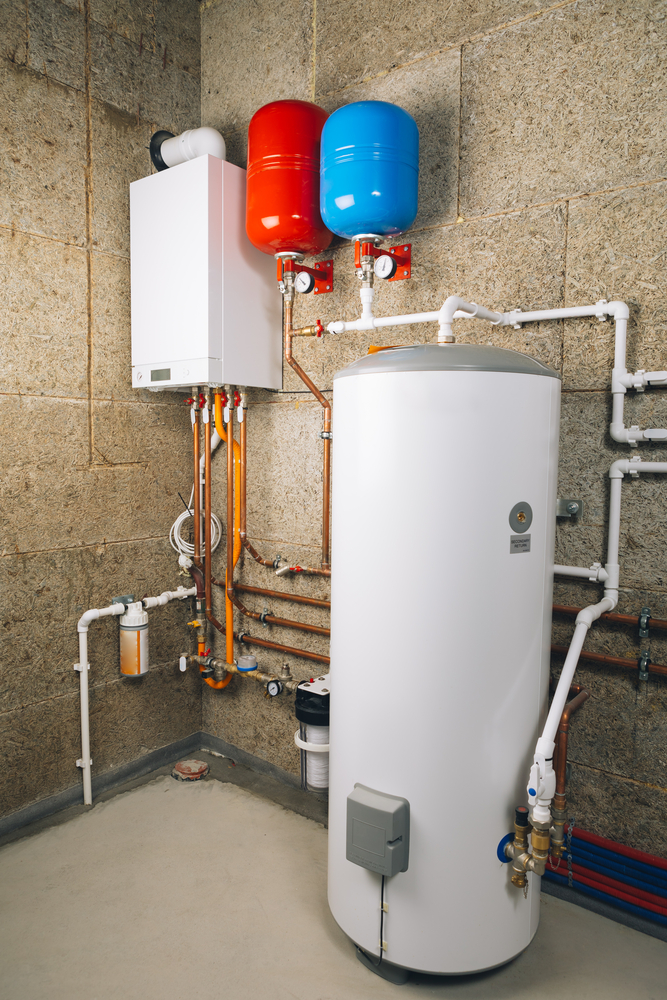

Heat pump hot water heaters stand out as a compelling option for homeowners looking to reduce their carbon footprint and lower utility bills. These innovative devices utilize advanced technology to provide hot water while consuming significantly less energy compared to traditional water heaters. If you’re considering upgrading your home’s water heating system, understanding the benefits of a heat pump hot water heater can help you make an informed decision.
What is a Heat Pump Hot Water Heater?
Before delving into the advantages, it’s essential to grasp the basic concept of a heat pump hot water heater. Unlike conventional water heaters that directly generate heat using electricity or gas, heat pump water heaters operate on a different principle. They extract heat from the surrounding air and transfer it to the water in the tank, using a small amount of electricity to power the compressor and fans.
This process is akin to how a refrigerator operates but in reverse—instead of expelling heat from its interior, a heat pump water heater absorbs ambient heat and directs it into the water tank. This innovative technology enables these heaters to achieve remarkable energy efficiency, often consuming 2 to 3 times less electricity than conventional electric water heaters.
Key Benefits of Heat Pump Hot Water Heaters
1. High Energy Efficiency
One of the most significant advantages of heat pump hot water heaters is their exceptional energy efficiency. By utilizing ambient air as a heat source, rather than generating heat directly, these systems can achieve energy efficiency ratings (EF) of 2.0 or higher. This means they convert a larger portion of the energy they consume into useful heat for heating water, resulting in lower operating costs and reduced energy usage.
2. Cost Savings Over Time
While the initial purchase price of a heat pump water heater may be higher than that of a conventional unit, the long-term cost savings can be substantial. Lower monthly utility bills due to reduced energy consumption quickly offset the higher upfront cost, making heat pump water heaters a cost-effective investment over their lifespan.
3. Environmental Benefits
Reducing household energy consumption not only saves money but also decreases environmental impact. Heat pump hot water heaters contribute to lower carbon emissions compared to traditional water heaters powered by fossil fuels. By choosing an energy-efficient model, homeowners can play a part in mitigating climate change without compromising on comfort or convenience.
4. Longevity and Reliability
Another advantage of heat pump hot water heaters is their typically longer lifespan compared to conventional models. While the exact longevity can vary depending on usage and maintenance, heat pump water heaters generally have a longer operational lifespan. Proper maintenance, such as periodic filter cleaning and inspection, can further extend their longevity and ensure reliable performance.
What is the Life Expectancy of a Heat Pump Water Heater?
The life expectancy of a heat pump water heater typically ranges from 10 to 15 years, although some models may last even longer with proper care. Regular maintenance, including checking and cleaning the air filters, inspecting the compressor, and ensuring proper ventilation around the unit, can help maximize the lifespan of the heater. Additionally, choosing a model from a reputable manufacturer and having it professionally installed can contribute to its durability and performance over time.
Considerations When Choosing a Heat Pump Water Heater
While the benefits of heat pump hot water heaters are compelling, it’s essential to consider several factors when selecting the right model for your home:
- Space Requirements: Heat pump water heaters require adequate space for proper air circulation around the unit. Ensure your chosen location meets the manufacturer’s recommendations for ventilation and clearance.
- Climate Compatibility: The efficiency of heat pump water heaters can be influenced by ambient air temperature. They perform best in moderate to warm climates where there is a steady supply of heat in the air. In colder climates, hybrid models that combine heat pump technology with electric heating elements may be more suitable.
- Upfront Cost vs. Long-Term Savings: While heat pump water heaters offer significant long-term savings, the initial purchase price may be higher than that of conventional units. Consider your budget and calculate the potential energy savings over the lifespan of the heater to determine the overall cost-effectiveness.
Conclusion
Heat pump hot water heaters are a sustainable and cost-effective choice for homeowners seeking to maximize efficiency and savings in their homes. By leveraging advanced heat pump technology, these systems offer high energy efficiency, substantial cost savings over time, and environmental benefits. Understanding the key advantages and considerations can help you make an informed decision when upgrading your water heating system. Whether you prioritize reducing energy consumption, lowering utility bills, or minimizing your carbon footprint, a heat pump water heater can be a valuable addition to your home.
Need Home Builders in Williamsburg, VA?
Welcome to Healthy Communities in beautiful Williamsburg, Virginia! We are custom home builders with a focus on efficient and green building. We believe that good home design can support, enrich, and enhance your life, so we engage you as the buyer in the design process. Together, we can create a tailored design that provides an extraordinary living experience. Our homes are engineered to be energy efficient, utilizing green building products, value-engineered construction, enhanced indoor air quality, and solar power to help offset the electric utility cost for heating, cooling, water heating, lights, and appliances. Give us a call to get started today!
